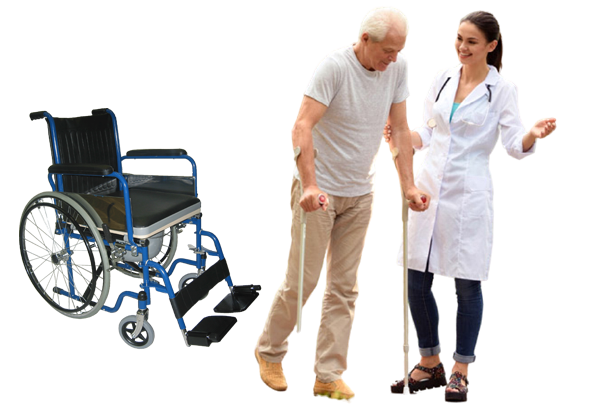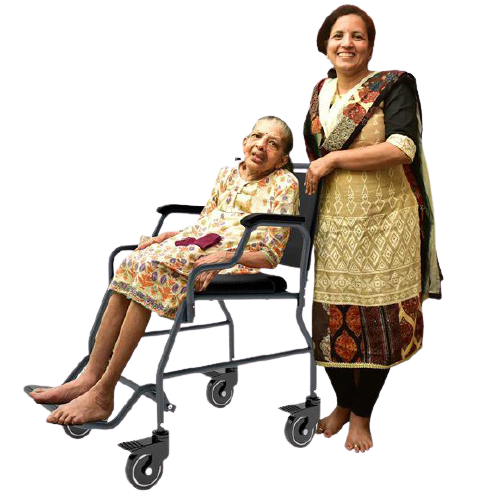

PARALYSIS NURSING CARE SERVICES
Paralysis patient care is the solution to the quite unexpected one of the medical incidents that many elders face. It can occur at any time and become part of the aging process. With paralysis, the space in a bedroom turns into a "fighting area" of medicines, cleaning products, cotton, and gauze. You get to find containers, feeders, napkins, and protective rubber or plastic mattresses all around. The families and inexperienced caregivers often get horrified by such a sight.
HELPING PARALYSED ELDERS RECOVER FASTER
Paralysis in a specific area of the anatomy is the inability to control a muscle. In effect, the individual loses strength in his muscle. Paralyzed people often lose all the feeling in the compromised body regions. They are often not able to detect any needle or a heated object pushed at a paralyzed body part. Physiotherapy for paralysis is a crucial component of paralysis patient care. It helps to regain the mobility and feeling of the upper limb. In specific cases, individuals with physiotherapy can recover most of their functionality. While it is difficult, the care of paralysis patients is essential for them to recover fully. You will need to involve the individual only for the appropriate kind of therapy besides your concentrated energy, help, and support.

